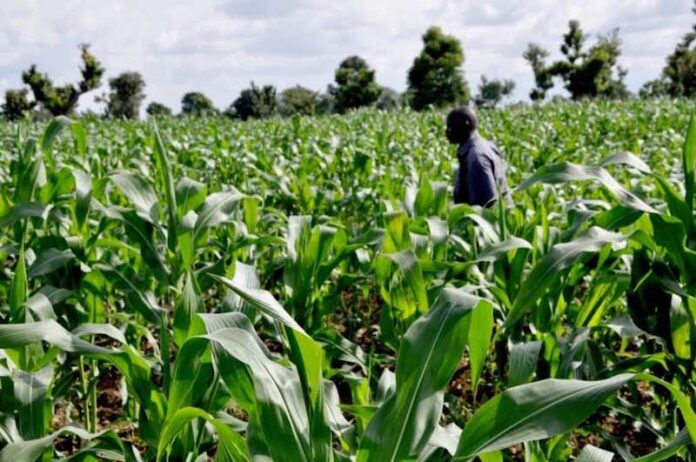Agricultural experts have expressed concerns over the lack of funding in the agribusiness space on the continent, pointing out that agribusiness would be the engine of growth, sustainable development and job creation in Africa.
They expressed their dismay at a panel discussion themed “Agribusiness: Unleashing Innovation and Unlocking Growth” at the Africa Investment Forum in Marrakesh, Morocco.
According to the experts, banks, institutional partners and the private sector should invest heavily in agribusiness in Africa, explaining that the sector suffers from a financing gap even as it is becoming the new manna for the countries of the continent.
The panelists believed that unlocking the potential of African agribusiness required investment in infrastructure, innovation and value chain development, pointing out that investment opportunities also exist in value-added processing, logistics and technology, as well as in resilient and sustainable supply chains that create jobs and foster inclusive economic growth.
They argued that the funding gap in the sector is huge, adding that agricultural entrepreneurs complain about the lack of long-term financing.
“The best they can get are one-year loans,” said Professor of Development Economics at the University of Oxford, Adeel Malik, who has interviewed many ‘agribusinessmen’ across Africa, especially in Nigeria.
MALIK said: “The banks say that there is too much volatility in this sector. They are not willing to lend for more than a year at a time. The banks are poorly organised, if not organised against farmers who have to buy seeds, fertilizer and so on.”
The founder of Okedjenou, Ms. Esther Gninahophin, on her part said that the lack of funding is a barrier to innovation, stressing that investment is currently very focused on technology.
Gninahophin said: “That is fine, but more than two thirds of the world’s arable land is in Africa. Farmers have logistical difficulties in getting their products to consumption areas and there are losses of production due to lack of processing. Young shoots need support. Innovation comes at a cost, be it in research or equipment. When you produce 50 to 200 kilograms, everything is fine, but when you move up to 10 or 20 tonnes, that needs more funding. Agricultural cooperatives and start-ups need immediate financing.”



















